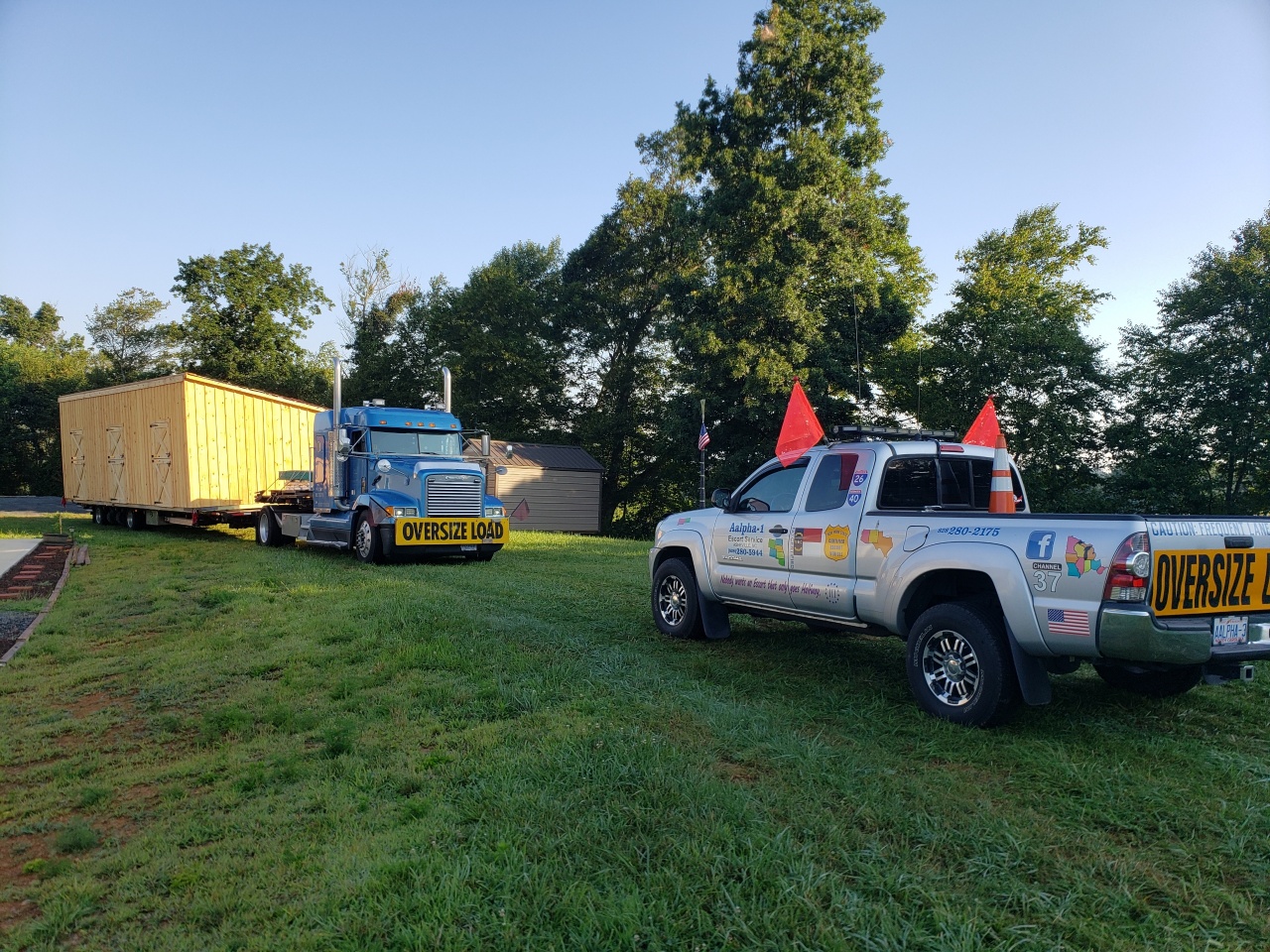Pilot car services play a crucial role in ensuring the safe transport of oversized loads on highways across the United States and Canada. However, the regulations governing pilot car services can vary significantly from state to state and province to province. It is essential for pilot car operators and drivers to be aware of these state-specific regulations to operate legally and safely. In this article, we will discuss the key regulations that pilot car services need to know in the United States and Canada.
United States Regulations
1. Licensing and Certification
- Pilot car operators in the United States are required to have a valid driver’s license and may need to obtain specific certifications depending on the state.
- Some states, such as California, require pilot car operators to complete a certification program to ensure they have the necessary training and knowledge to escort oversized loads safely.
2. Vehicle Requirements
- Pilot cars must meet certain specifications regarding size, lighting, and signage. These requirements can vary from state to state.
- In states like Texas, pilot cars must have specific equipment such as two-way radios, “Oversize Load” signs, and flashing amber lights.
3. Escorting Procedures
- Pilot car drivers are responsible for alerting other motorists of the presence of an oversized load and ensuring safe passage.
- In states like Florida, pilot cars may be required to maintain specific distances from the oversized load depending on the highway conditions.
4. Flagging and Communication
- Proper communication between the pilot car driver and the truck driver is essential for safe transport.
- Some states, like Arizona, require pilot cars to use specific flagging procedures to communicate with the truck driver during the escort.
Canada Regulations
1. Licensing and Training
- In Canada, pilot car operators must adhere to regulations set by each province regarding licensing and training requirements.
- Provinces like British Columbia require pilot car operators to complete a certification course to ensure they are knowledgeable about escorting oversized loads.
2. Equipment and Vehicle Requirements
- Pilot cars in Canada must meet specific equipment and vehicle requirements to ensure safety on the road.
- Requirements may include the use of wide-load signs, warning lights, and two-way radios for communication with the truck driver.
3. Size and Weight Restrictions
- Different provinces in Canada have specific rules regarding the size and weight limits for oversized loads.
- Pilot car operators must be aware of these restrictions to plan the escort route accordingly.
4. Insurance and Permits
- Pilot car operators in Canada may be required to have specific insurance coverage and permits to operate legally.
- Failure to obtain the necessary permits can result in fines and penalties for both the pilot car operator and the trucking company.
Final Thoughts
Navigating the state-specific regulations for pilot car services in the United States and Canada can be complex, but it is essential for ensuring the safety of oversized load transport. By staying informed about licensing requirements, vehicle specifications, escorting procedures, and communication protocols, pilot car operators can effectively support the transportation of oversized loads while complying with legal obligations. Conducting thorough research on the regulations in each state and province where services are provided is crucial to avoid any violations and ensure a smooth escort operation.

